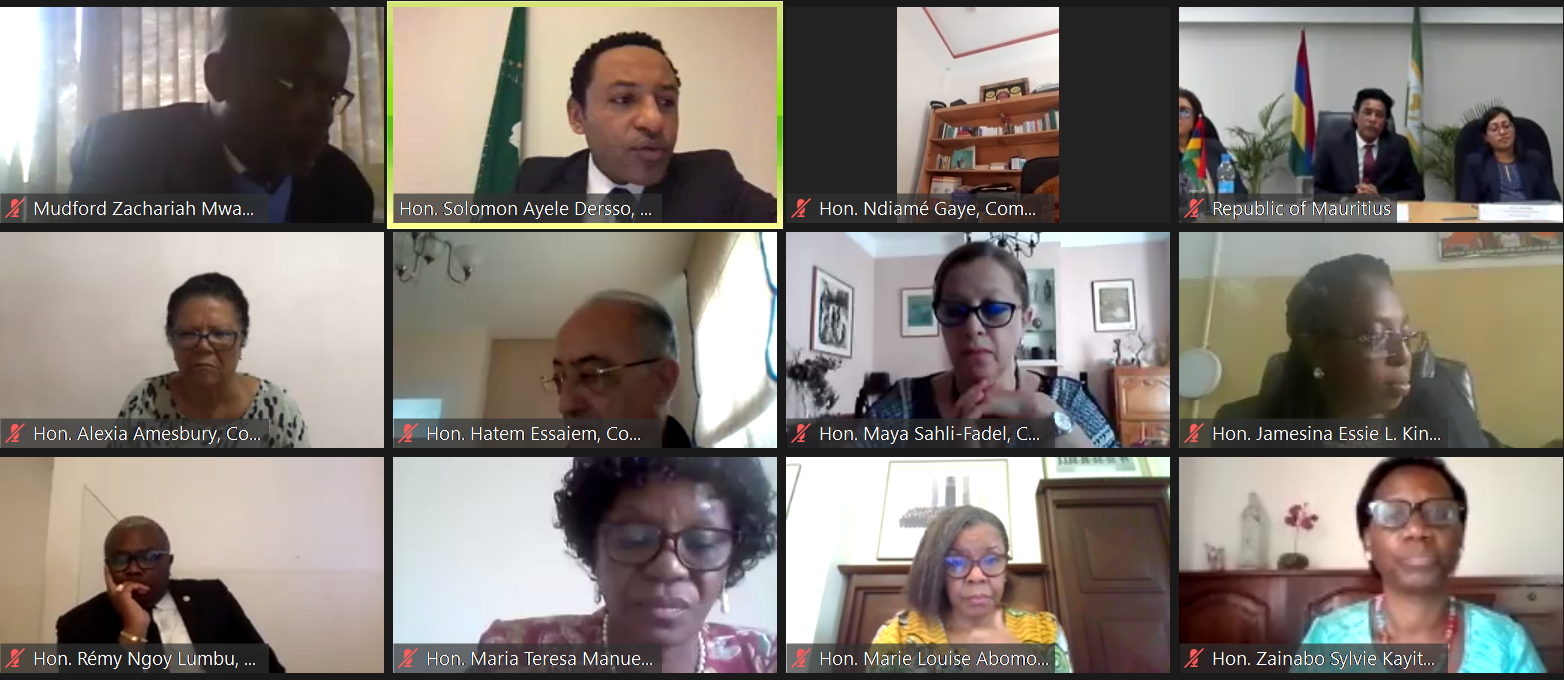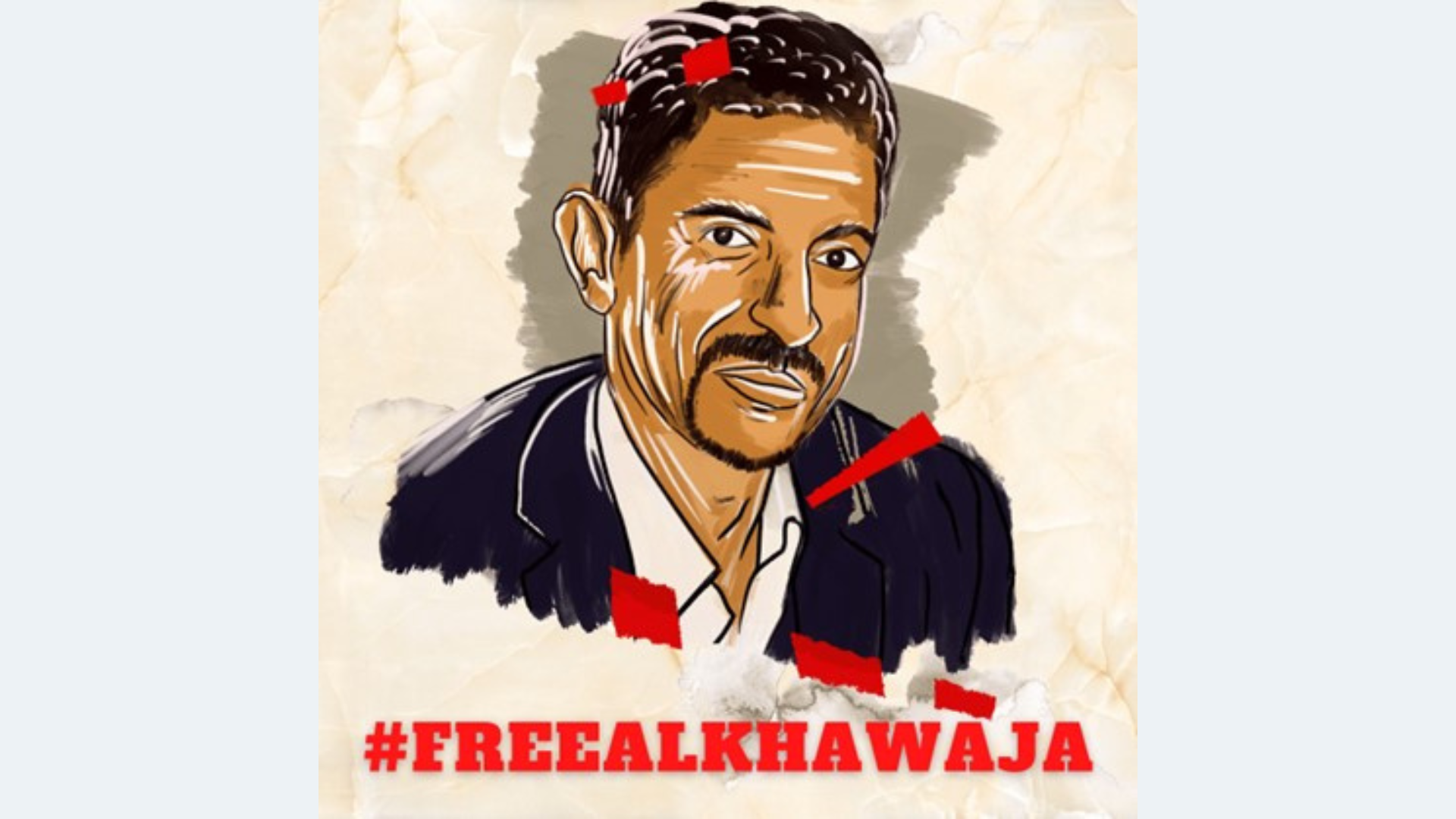Ahead of the 66th ordinary session of the African Commission on Human and Peoples’ Rights (the Commission), ISHR submitted shadow reports for the reviews of Cameroon and Niger. Though these countries were initially scheduled to be reviewed during the 66th session, only Mauritius was reviewed in the end.
On 24 and 27 July 2020, pursuant to article 62 of the African Charter, the Commission reviewed the 9th & 10th combined reports of Mauritius on the legislative or other measures taken, with a view to giving effect to the rights and freedoms recognised and guaranteed by the African Charter.
During the presentation of the report of Mauritius, the Minister of Foreign affairs, Nando Bodha, presented the efforts made in the country to implement the observations made by the Commission during its last review in 2017. In light of the current pandemic, he also presented extensively some of the measures adopted in the country to counter the spread of the virus and provide economic support to homes. Equally, he highlighted the delay the pandemic caused in the full implementation of measures or the adopting laws for which processes were well advanced before the establishment of lockdown measures. Those included the children’s bill and the juvenile justice laws which will bring the child protection laws in line with international and regional obligations.
Since 2017, Mauritius has taken steps to ratify the Protocol to the African Charter on Human and Peoples’ Rights on the Rights of Older Persons in Africa and the Protocol to the African Charter on Human and Peoples’ Rights on the rights of persons with disabilities in Africa. Regarding the latter they’ve even decided to refrain from maintaining two out of the three reserves they had initially set. However, they reiterated their reticence to ratify the Kampala Convention (AU Convention Governing Specific Aspects of Refugee Problems in Africa) while recalling their adherence to the principle of non-refoulement and their willingness to continue to apply the essence of the international Convention on migrant workers when needed. This led to Mauritius adopting its first migration policy in June 2018.
Following the presentation of the report of Mauritius by the government, Commissioners were allowed to ask additional questions to those provided in the general observation and question on the 9th and 10th combined periodic reports of the republic of Mauritius. It included questions of the Special Rapporteur on human rights defenders regarding steps taken to amend the law requiring to obtain authorisation for peaceful assemblies composed of more than 11 people and to ensure the promotion of the Guidelines on freedom of association and assembly in Africa to all relevant stakeholders in the country. The Special Rapporteur further asked that since 2014, three countries in Africa have adopted laws and policies to promote and protect defenders at the national level, is Mauritius planning to reinforce the protection of defenders in its country? The government took note of the information given especially in regards to laws for the promotion and protection of defenders having been adopted in other countries in Africa, namely Côte d’Ivoire, Burkina Faso and Mali and will assess the situation at the national level to provide the relevant answers.
Mauritius remains dedicated in implementing observations of the Commission adopted in 2017 and look forward to receiving the new ones in the not so distant future.
The Chair of the Commission concluded by congratulating Mauritius on its efforts to guarantee the rights enshrined in the African Charter and raised the potential he sees in Mauritius becoming an example in Africa in regards to the implementation of the Charter if it keeps on working towards the ratification and implementation of all human rights conventions of the African Union.
Furthermore, by showing its determination to pursue its work and adapting to the challenges brought by the spread of COVID-19 in Africa, the Commission was able to successfully organise the review of Mauritius. By doing so, it is leading the way in proving that while the world is fighting to protect its population, human rights should remain at the core of every States interests.
Contact: Adélaïde Etong Kame, Africa Programme Manager, [email protected]
Photo: ISHR




